


Nappies, tampons, tissues and similar hygiene products come into direct contact with people’s bodies. Contaminants, especially pieces of metal, can result in injury. In turn, manufacturers face the risk of recalls, claims for damages and a tarnished reputation. We have the right detection systems to minimize these risks.

Consumer protection has the highest priority with regard to items that come into direct bodily contact, such as nappies, liners and cotton wool pads. Metallic contaminants can result in injury, product recalls and claims for damages, not to mention harm a brand’s image. The use of metal detectors is therefore key to assuring product quality.
Looking for more information or advice? Contact us
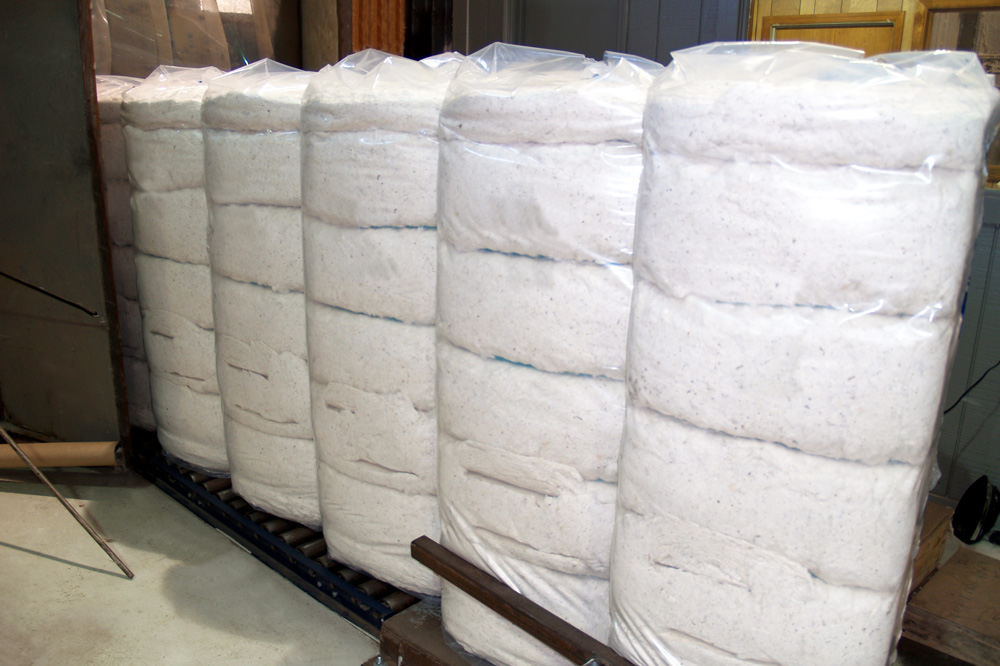
The most frequent contaminants in hygiene products are pieces of metal. They can come from various sources:
Usually for quality assurance of outgoing goods. Our metal detectors check already packaged products for such items as the following:
We would be happy to advise you personally to help you find the best solution for your need!
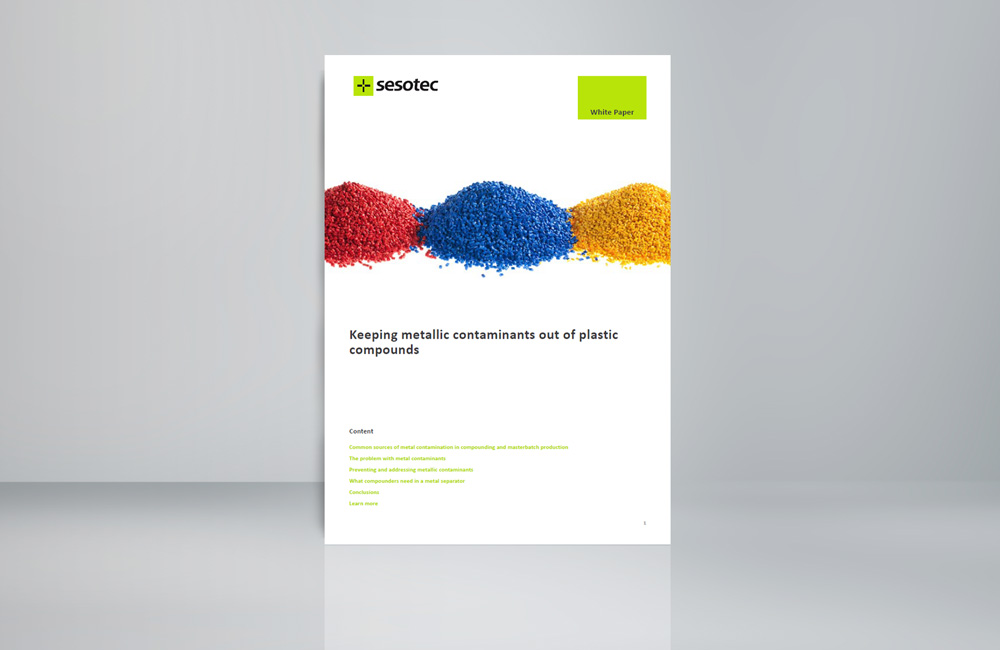
The Whitepaper explores the challenges that
metal contamination poses to compounding and masterbatch production and
considers the key features that metal separators must have to provide an
adequate solution.
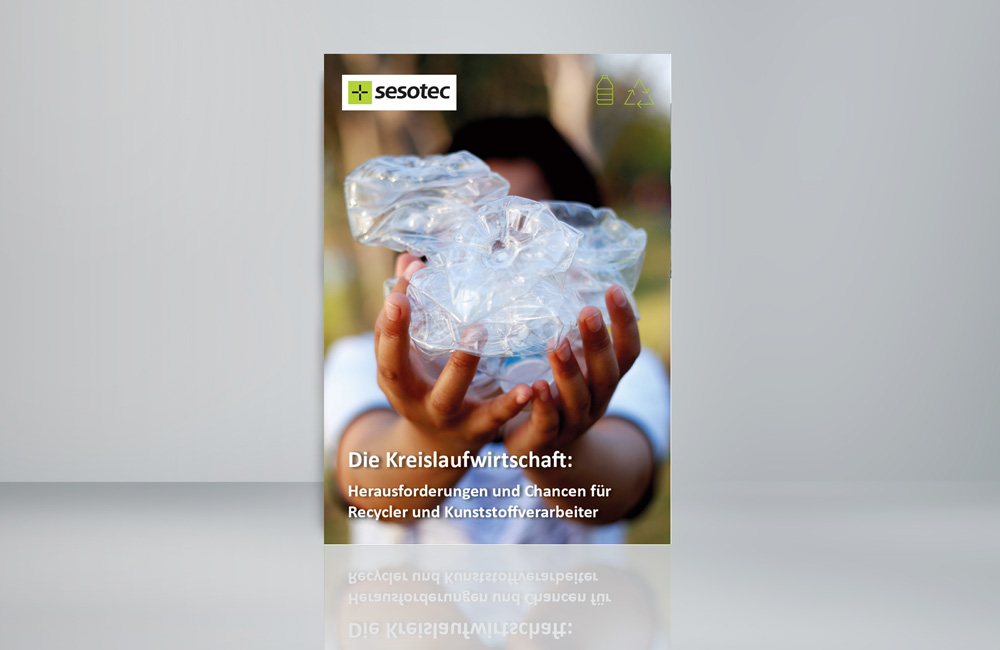
The plastics industry is under pressure. Between climate change, excessive consumption of finite resources, and vast amounts of plastic waste in the world’s oceans, plastics are coming to be seen in a different light by politicians, businesses, and consumers alike. Read in our e-book about the most important factors of a functioning circular economy, especially which challenges and opportunities exist for recyclers and plastics processors.
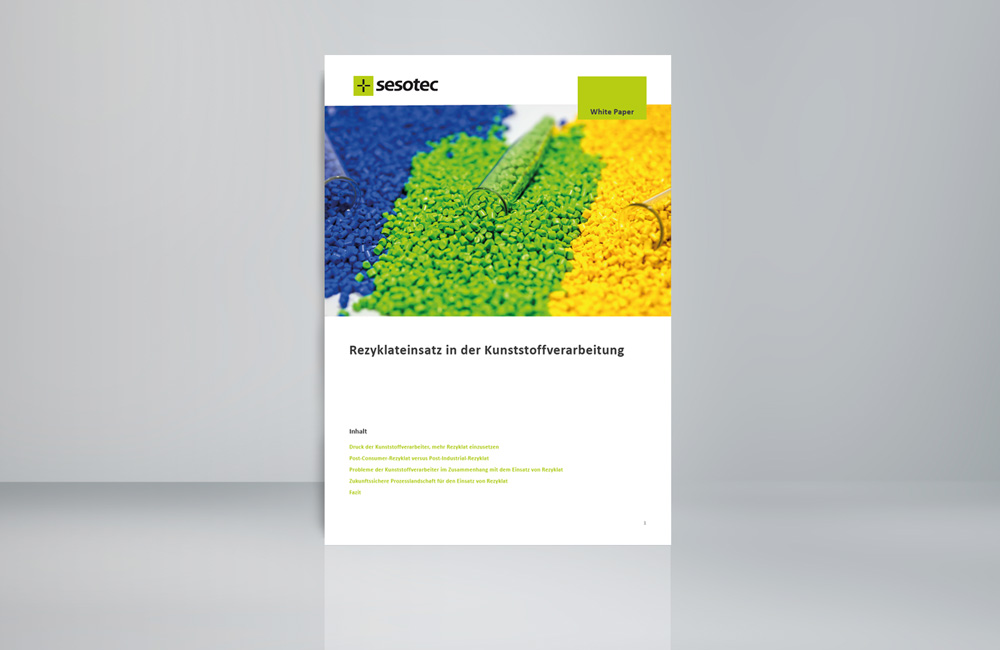
In the new Sesotec White Paper "Using recycled materials in plastics processing" you will learn about
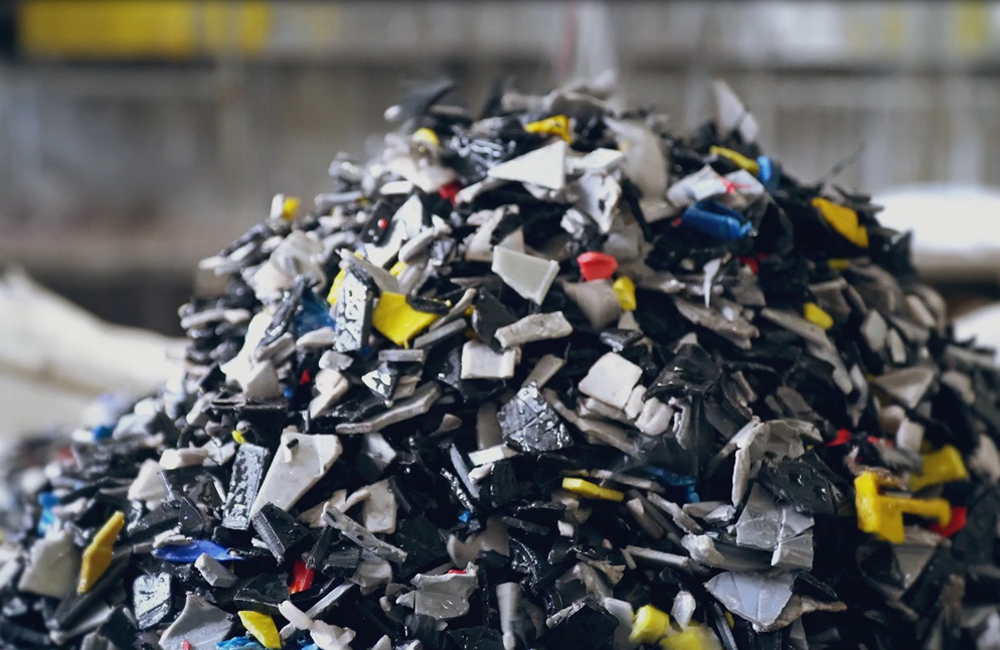
Separately purchased recyclate often contains various different polymers as well as metal contaminants such as aluminum, brass, and stainless steel. Learn in our Case Study how Sitraplas has solved this problem.
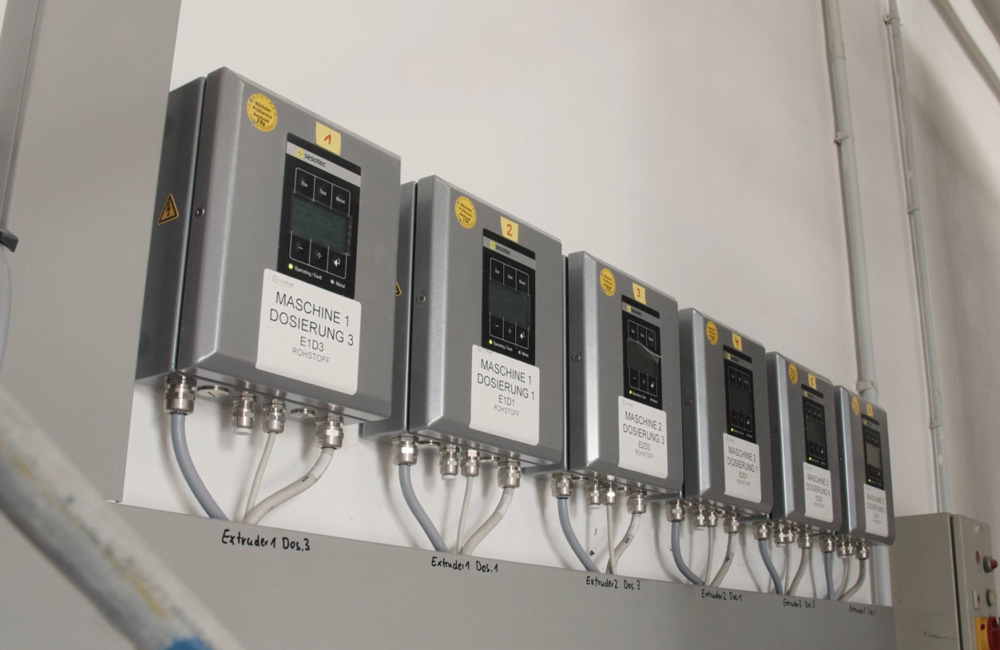
SITRAPLAS GmbH is a producer of high-performance engineering plastic compounds. Unplanned downtime is a nightmare for every company, but especially for continuous production facilities. When metal separators are networked with plastic processing machines, the flow of information between machines can be monitored.

To avoid any metal in the powder, CIPSA wanted to inspect the PVC compounds before they enter the pelletizer. This was to protect the extruder screw from damage and avoid expensive production stops.
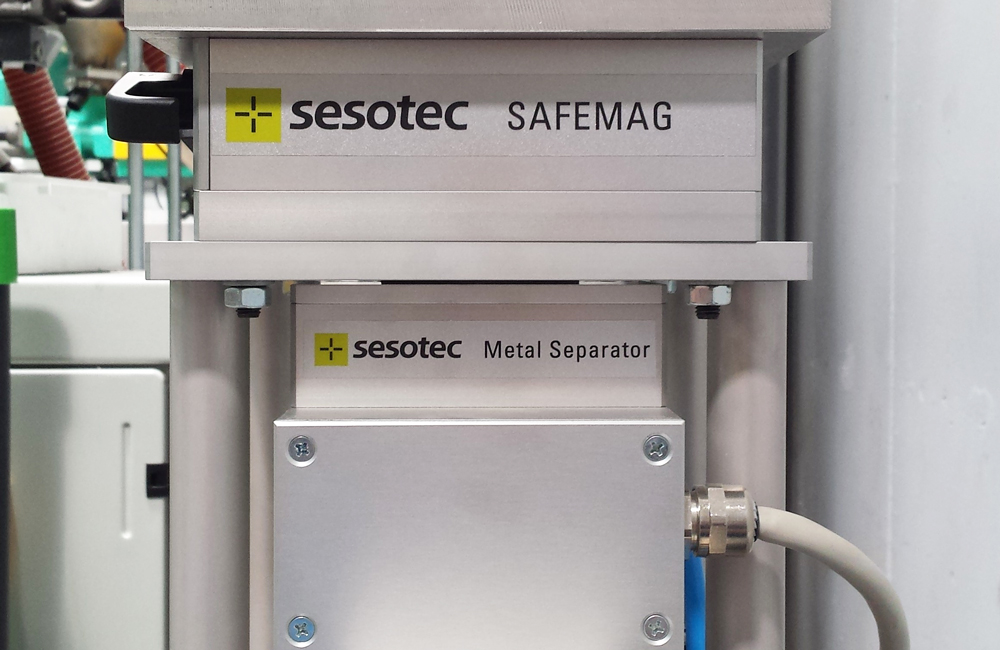
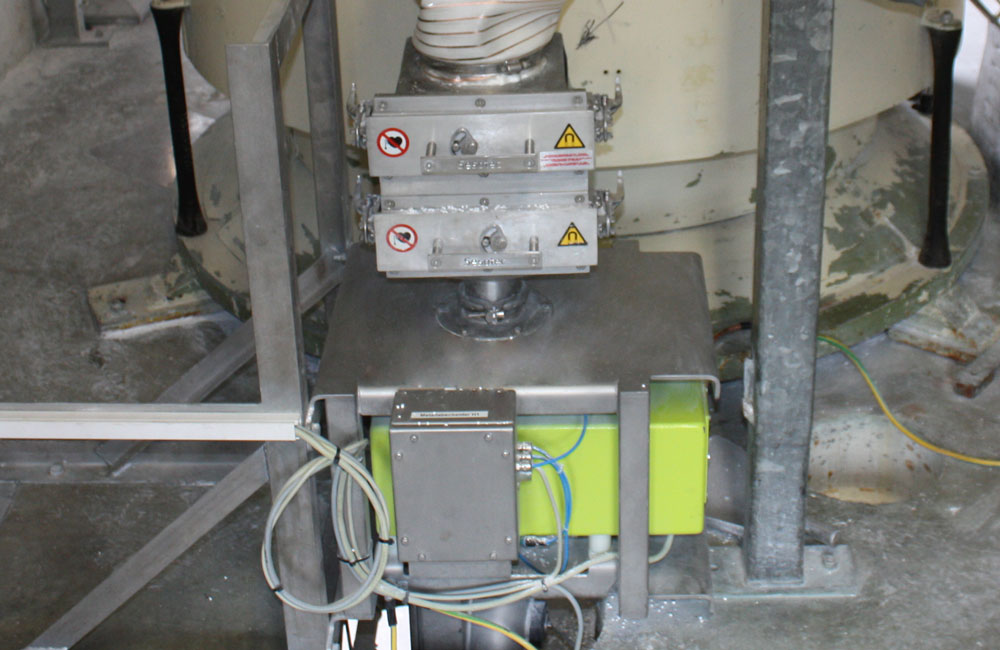
The quality requirements of the chemical industry are particularly high. Metal detectors play an essential role in the refinement of solids to ensure a consistently high product quality and safety. At the same time, the customers expect quick setup times to achieve high flexibility and efficiency.

Our client in northern Germany employs around 600 people and produces single and double-sided adhesive tapes on production facilities that are among the most advanced worldwide. Raw materials for adhesive tape production can contain tiny metal particles. Even the smallest foreign object that enters production poses a significant risk.

As Plastiques ZD grew, it became necessary to find an environmentally friendly and cost-effective solution for recycling defective parts and production waste. The company turned to the long-time Sesotec partner, MAT Technologic, for a solution.

Viet UC faced the challenge of eliminating metallic contaminants from masterbatch to prevent particles from entering plastic mixtures during production. These contaminants could not only compromise the quality of the final product but also lead to machine downtime and customer complaints.
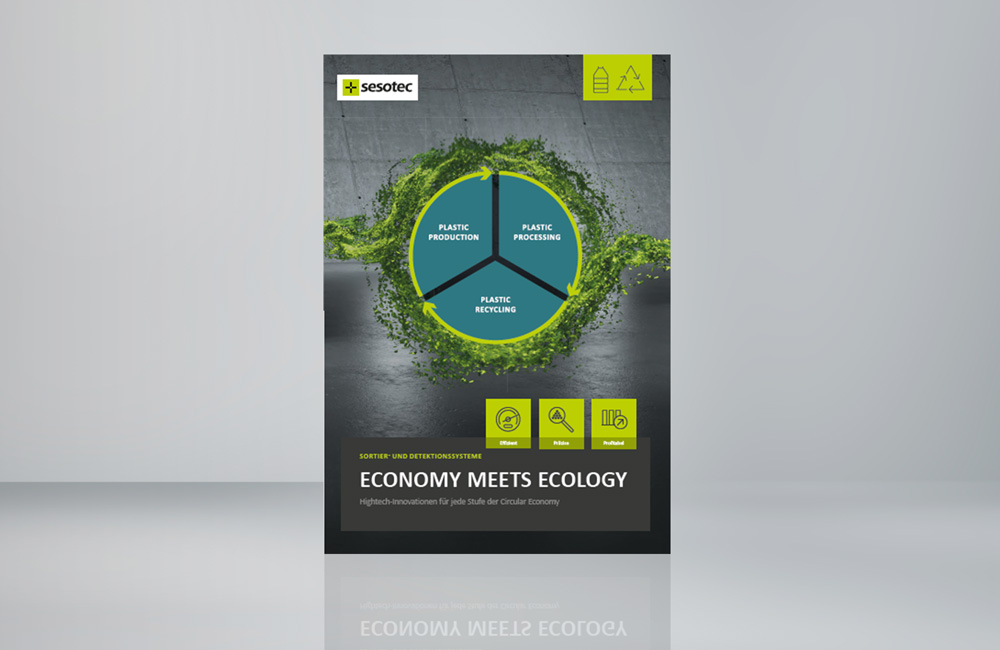
Sorting and Detection systems for every stage of the Circular Economy in the plastics industry.

The brochure highlights
the entire Sesotec product portfolio, which is specially tailored to the needs
of the plastics industry.
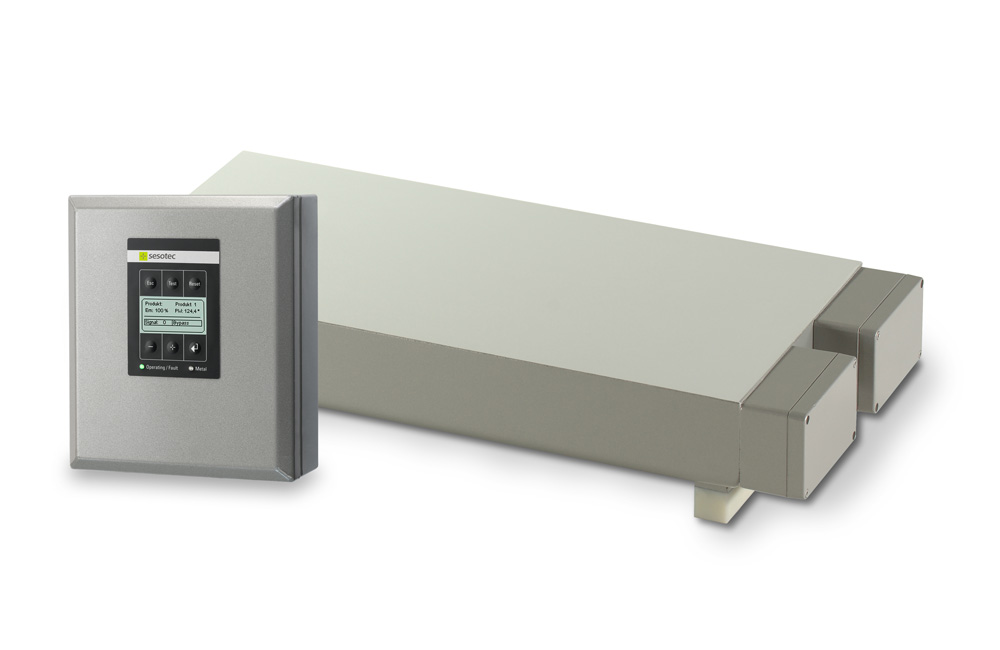
Plate type metal detector for installation in conveyor belts and material chutes
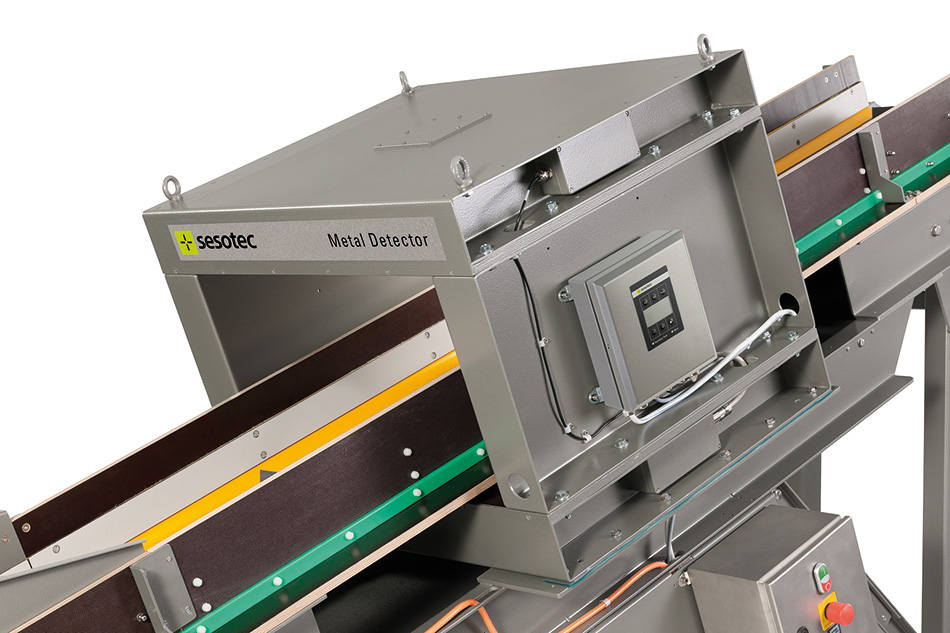
Splitable metal detector for installation on conveyor belts and material chutes
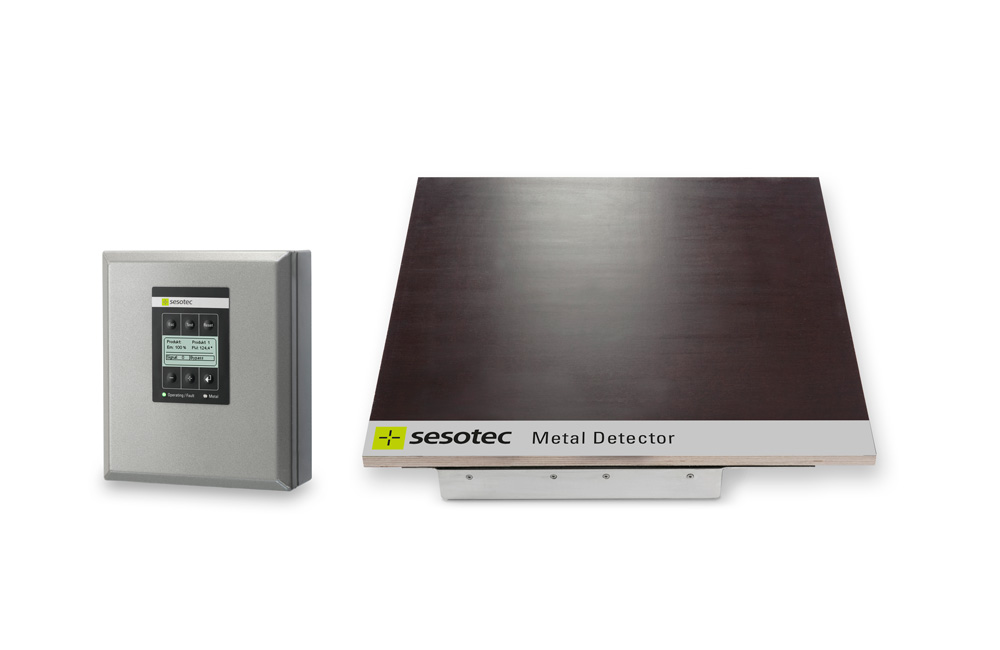
Flächen-Metalldetektor zum Einbau in Förderbänder und Materialrutschen
Kompaktes Metall-Detektionssystem mit Förderband zur Untersuchung von Stückgütern